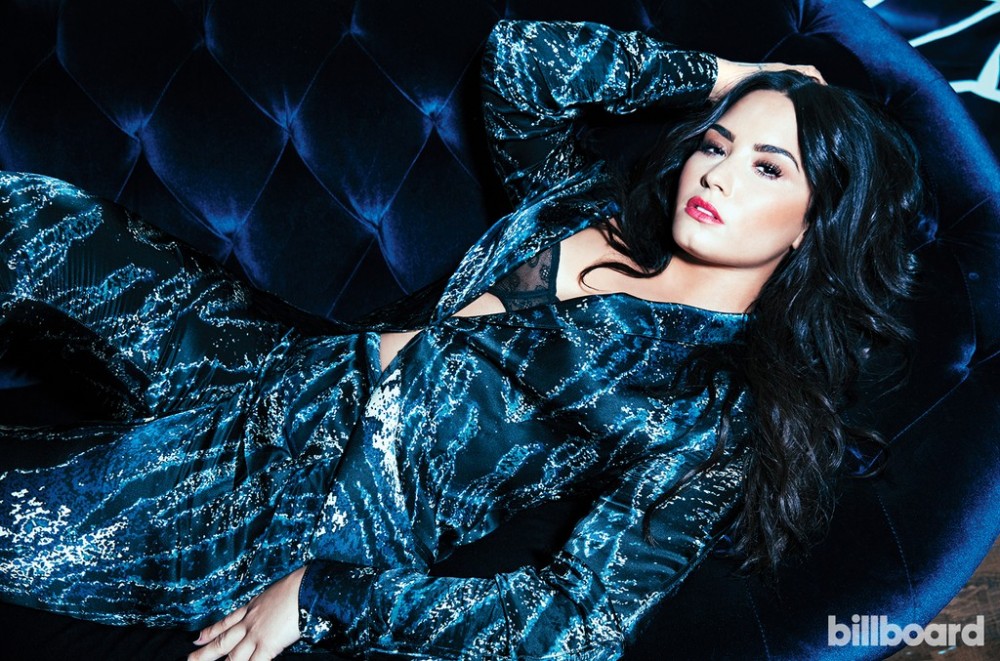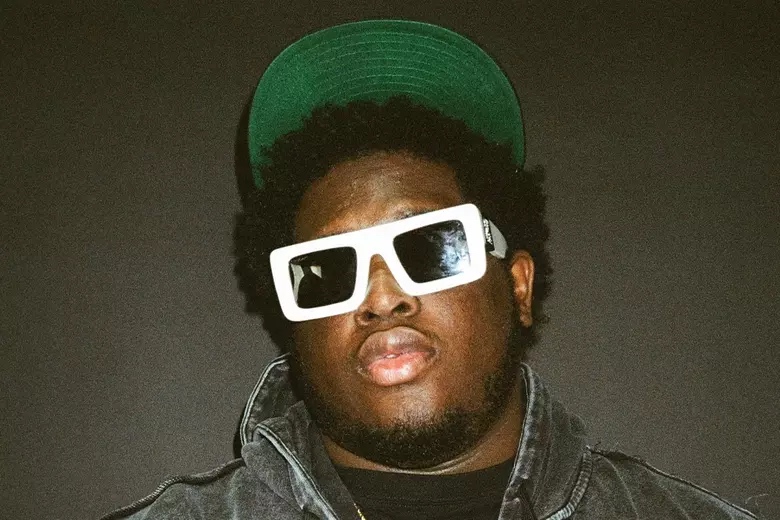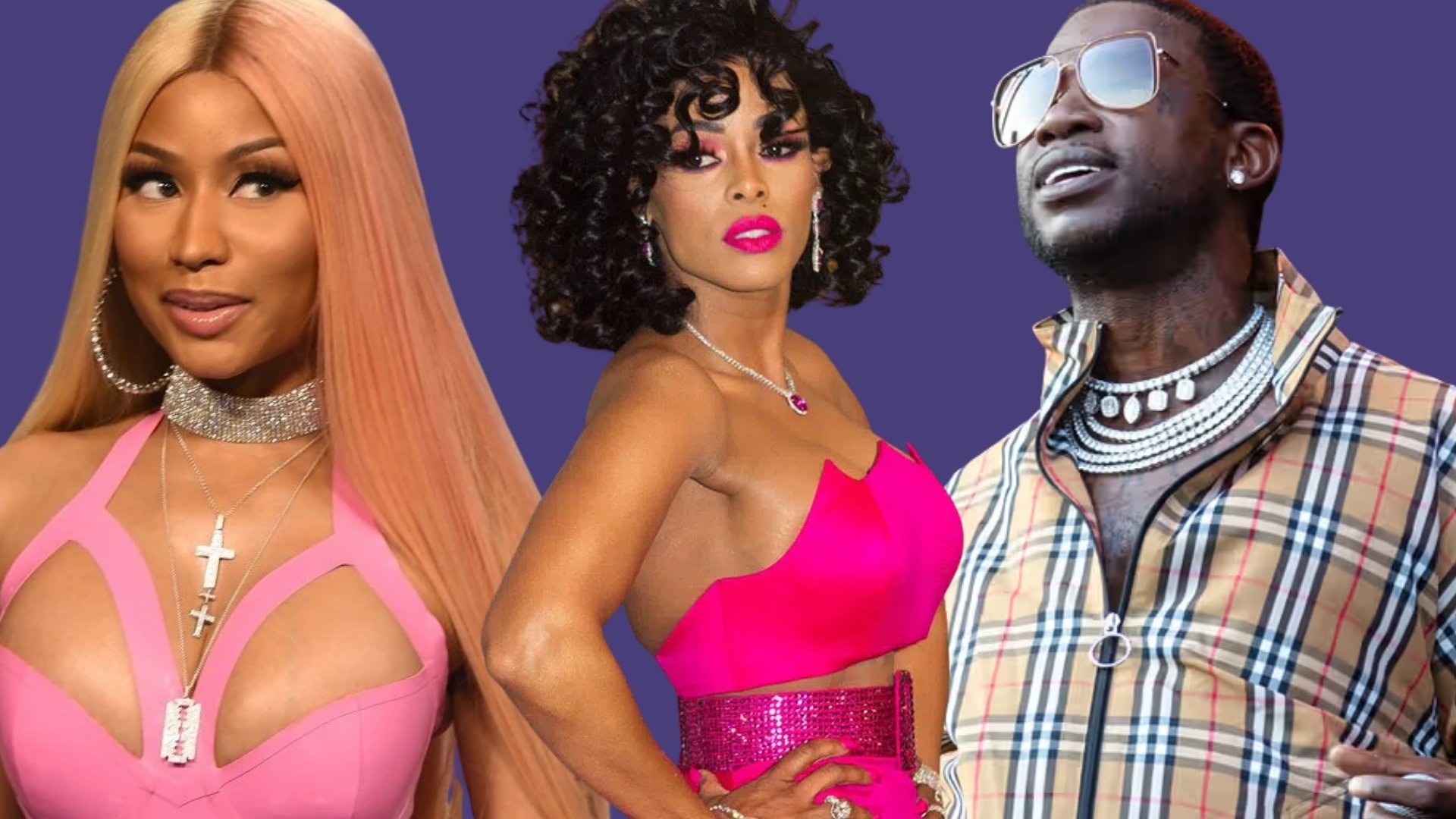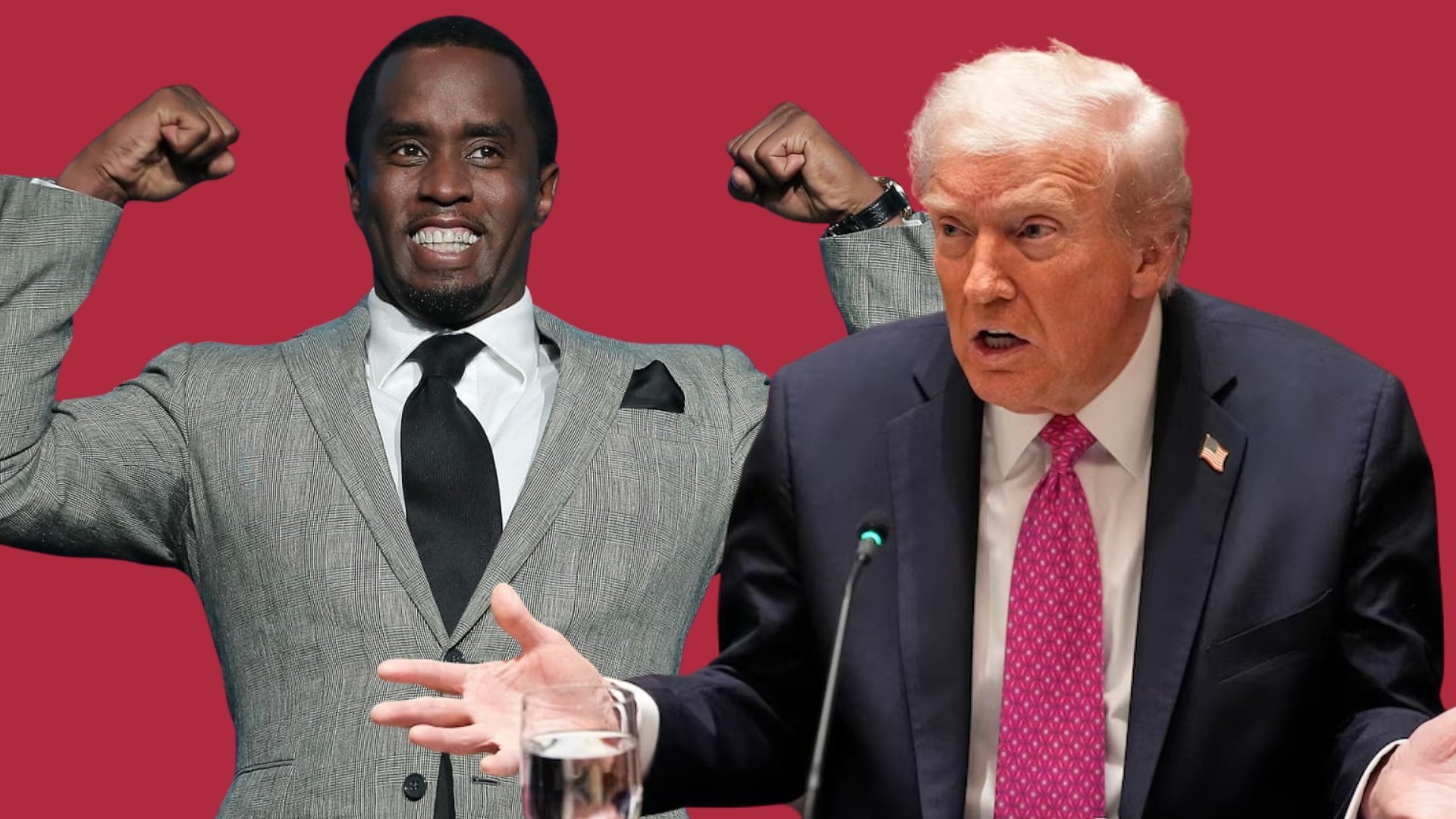Reese Witherspoon says she still feels marginalized in corporate boardrooms dominated by men. Demi Lovato describes living in a “mental prison” and battling an eating disorder that was triggered by extreme bullying in middle school. Those are just some of the frank conversations on Jameela Jamil’s podcast, I Weigh with Jameela Jamil, which takes aim at shame in all its forms.
On the weekly podcast, which premiered April 2, the actress and activist speaks candidly about her own shame, struggles with body image, a suicide attempt when she was 26 and how she’s coping with quarantine (“I smell,” she admitted, laughing). Her guests also lay themselves bare, revealing deeply personal struggles and pain.
Lovato spoke with Jamil about learning to accept herself after an apparent drug overdose in 2018. “My body survived something insane, a near-death experience, and I’m here today,” the pop star said. “It’s OK for me to look in the mirror and be like, ‘I’m not where I want to be.’” Jamil said she is not after headlines or trying to “get” her guests. She just wants listeners to know they’re not alone and shouldn’t be ashamed. Of anything.
“This is happening even to the happiest, most together and successful perfect people on Earth,” the 34-year-old London native and The Good Place star said recently from her home in Los Angeles. “You shouldn’t feel bad about your struggle if the most privileged people on the planet are going through similar things.”
The podcast comes two years after Jamil began the “I Weigh” movement, sparked after she stumbled across online photos labeling female celebrities with their weights. Outraged, Jamil tweeted what she weighed not in terms of pounds but in terms of worth, like her relationships and successes, kicking off a slew of similar responses from women sick of being reduced to a number on a scale. Jamil dives deep with her guests. Witherspoon teared up while speaking of women’s seemingly never-ending struggle for equality and respect, Billy Porter opened up about the painful experiences in his childhood that led to mental health struggles, and Beanie Feldstein talks about how she’s perfectly happy being, in her word, “chubby.”
“It shocks me how open they are,” Jamil said. “And it makes me feel a lot of love towards them. And I think in particular, there’s something about this moment where people want to connect with one another and empathize with one another.”
Jamil thinks her guests open up to her partly because of how much she herself shares and for how outspoken she’s been about taboo subjects in Hollywood. She regularly takes aim at the broader media landscape and how women are judged or pitted against one another. She calls out celebrities and influencers for promoting unhealthy diet products, including the Kardashians, Amber Rose and Cardi B. And she’s fought to protect minors from seeing such advertisements on social media.
Jamil says her activism has cost her financially and sometimes emotionally but that she has no plans to slow down. “All that matters is that I get through to kids to make them feel less ashamed of their mental illness and less ashamed of the way they look. And I inform them of all of the lies that they have been told,” she said. “That’s all I’m interested in. This isn’t my popularity contest.” Feldstein, known for her roles in Lady Bird and Booksmart, said she admires Jamil’s bravery.
“She’s so beautifully open and I really admire that in her,” said Feldstein, who was the first guest on Jamil’s podcast. “She’s really just a powerhouse in that she’s unrelentingly open and she has such a beautiful energy.” Jamil isn’t just interviewing celebrities on the podcast. Her second guest was former U.S. Surgeon General Vivek Murthy, who discussed the health impact of loneliness. Upcoming guests include feminist icon Gloria Steinem, #MeToo movement founder Tarana Burke and novelist Roxane Gay.
As for her other dream guests? At the top of Jamil’s list are Tom Hanks (“almighty unproblematic fave”), Whoopi Goldberg (she’s “always been my idol”) and Angelina Jolie, who Jamil describes as a role model. “There’s something about seeing someone incredibly famous, incredibly loved and celebrated open up about their vulnerabilities and their struggles,” Jamil said. “It demystifies it and destigmatizes it, and it reaches more people because of the size of their platform and star.”



